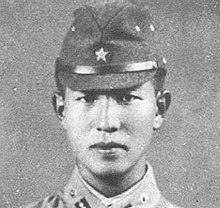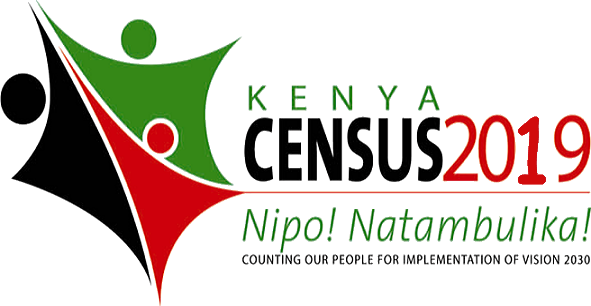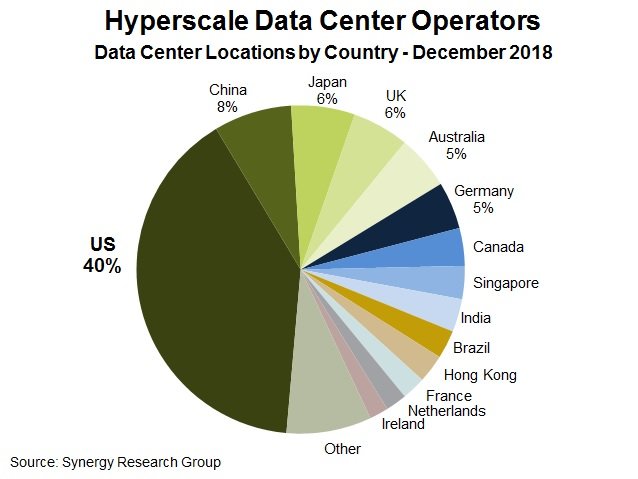Have you ever been caught up in situation where you completely dropped your guard, and you are robbed in the most stupid way possible? A place where a very familiar robbery script unfolds before you, but for some reason you do not notice? Like when a stranger comes to you and asks, “by the way, what is your M-PESA PIN?”
Of course, such a question would ring all alarms and you would not answer. But once in a while, or once in a very long while, the question catches you off guard and you give the right answer. Not because you are very gullible, but because you were caught up in a myriad of thoughts. Thoughts on how well does Trump understand the global warming issue, and how long before New York legalizes ‘abortion’ of any infant below two years of age.
You are thinking about Kenya’s debt to GDP ratio, the war we are fighting on the war on corruption, the compensation of Solai dam victims, 2022, competence based curriculum, the public wage bill and how to stop your baby from waking you up at 2:04 am. You are also thinking of how to expand business to South Africa, and wondering why DCI still uses free email services. You are wondering when are the next applications to join the loved and hated middle class of Nairobi. You are thinking. In short, you are playing God by purporting to run the universe.
The Heist
The following events take place between Kahawa Wendani and Clayworks
You board a matatu to Juja at Kahawa Wendani. A very old matatu by appearance, because the number plate KAR 375D means that the vehicle has carried passengers for a few light years, but you do not care because in the next 20 minutes that you will be in the matatu, you intend to finish listening to a sermon by one Calisto Odede titled ‘Greater works than these shall you do.’
You take the front seat, and the young man already seated there doesn’t want to seat in the middle, between you and the driver, so he alights and lets you get in. You get in, carrying your back pack, a bottle of water on one hand which you have just been given by a friend, a bag full of stuff, and a phone because you were on call before boarding. The matatu starts moving, and just before Kahawa Sukari, it stops, and the conductor says that the vehicle is overheating. He asks the two of you two alight so that he can check, but without checking anything, declares the vehicle okay.
This is when things start to fall into place. The other passenger who did not want to be sandwiched between you and the driver jumps in very quickly, and you are now on the door seat. You notice that the seat belt is faulty, and the door does not lock. But you ignore, because a Ninja cannot just fall off a moving matatu when they have been warned by the door. But a few metres later, the conductor notices that the door is not locked, and he opens it and bangs it to try and lock (You are shocked because he should have given you a warning). When it fails, he asks you to try and lock it, and gives the suggestion like you try lift the door as you close, and when it does work, he suggests you ask your neighbor to help or use both hands to lift and pull the door.
Just as you try, he says that something has fallen out of the matatu, and asks if you have lost anything and you say no. He says that it is something like a calculator. You check your hand and realise that your phone is missing. It then occurs to you that it could have been your phone, and you ask the driver to stop quickly. The driver offers to wait for you as you go back, but the conductor says that they can’t wait in the middle of the highway. Your mind tells that you need to pick your phone before it is smithreened by vehicles on the road. You demand for refund and you get back your 40 bob.
You run back with your tons of luggage, but a few metres away, the lightning flashes before your eyes. The script is very familiar.
You have just been robbed like an idiot. You start thinking of what to do next. To be sure, you walk back and there is no sign of a phone, and if it had fallen down, it would not have survived the impact. You get a phone to call and someone picks and says that they are Uber driver, and they have just picked the phone. The person who lent you the phone tells you that that also sounds familiar, and it is either they are unable to switch off the phone, or they want to con you big. What do you do next?
The Futility of Loss
A lost phone in Kenya
is water under the bridge. You better spend your energy working for the next
phone, rather than following up your lost phone. I learnt this from experience
for 9 years ago, I lost a phone which had a tracker. I could tell when a new
SIM card was used with the phone. I reported at Juja police station, whereby
they asked me to go to CID Thika if I needed it tracked. I went to Thika and they
sent me to Juja to report the theft first. I went back to Juja for OB
recording, then back to Thika when one CID officer asked me, ‘kwani how much is
this phone that you want to replace?’ At this point, I simply asked for a
minute and walked out, never to return. And with that, I got my first lesson on
why we are still a third world country.
What do I do about a stolen phone? Should I report to the police? Times have changed. If the police wanted to catch the thief, they can do that easily because I have the number plates of the vehicle. Besides, we have CCTV cameras on the road, and I know the time I was on the road. For a matatu, the police can get the owner with a few clicks, and there is a registered conductor in the matatu, who is the thief. The owner can be compelled to produce the conductor. Safaricom could, I bet, tell who picked the phone after I called, using their Jitambulishe service (privacy concerns). But why go to this extent? Because we need to transform our culture into one where integrity is valued, and lack of it is punished.
The Grief
You have a very short
time to go through the five stages of grief. After that
(180 seconds), act first. If you are sure the phone is stolen.
- Erase your
device if you can. Android lets you locate and wipe data off your device
- Block your
SIM card. This will prevent someone calling your favorite contacts and asking
for money ‘tuma kwa hii number’ style. They could use your phone to access
e-banking services. In many cases I use my phone for two factor authentication
purposes.
Blocking
your lost SIM is easy. Safaricom lets you do it by dialing *100# from another
phone.
- Replace
your SIM card. Airtel is very easy to replace, while Safaricom has tools to
help deter fraudulent SIM replacement.
- Reset your
passwords.
- Buy a
mulika mwizi. Losing your phone can offer you the much needed break from
notifications and nuisances of ‘always connected’ life. You can take some break
to meditate on a million other things.
Ladies and gentlemen, this world is not my home.












